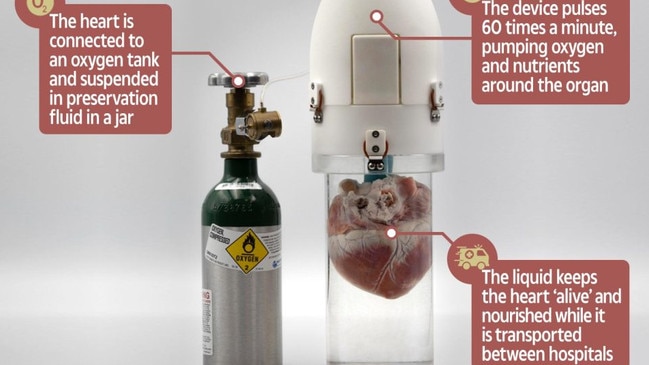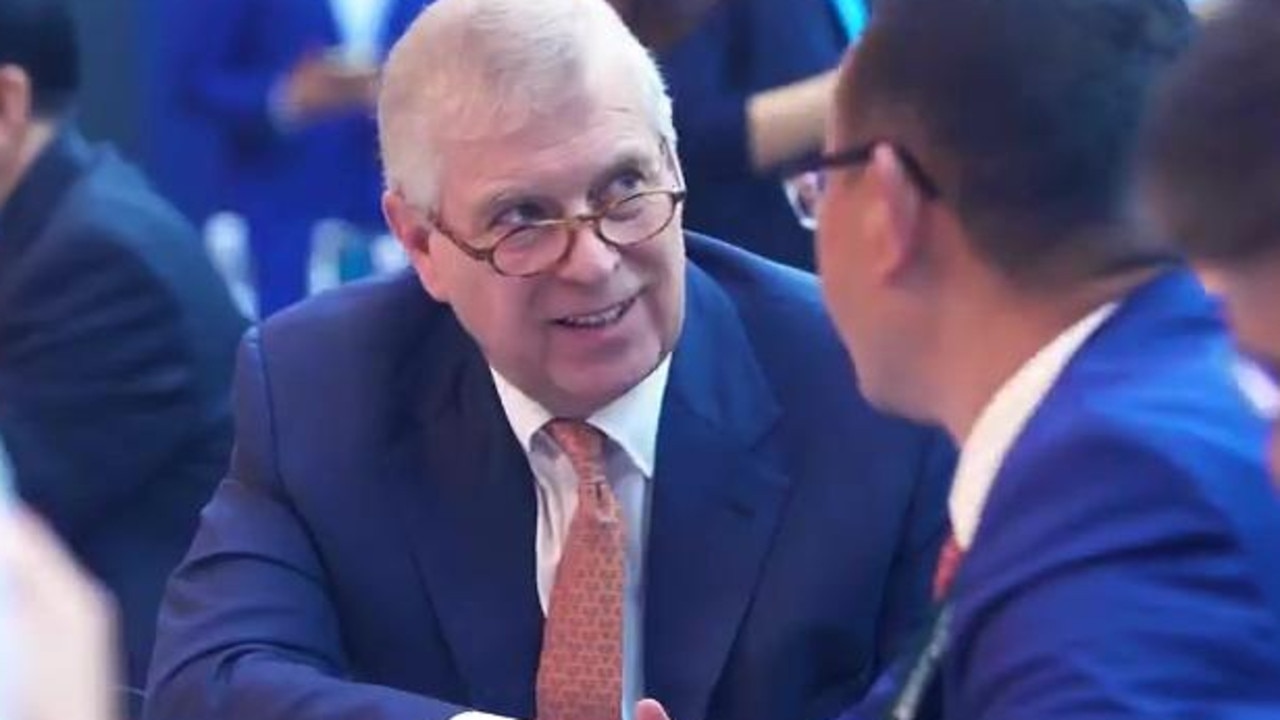Transplant device keeps hearts alive for 24 hours, buying crucial time for transplants
A machine that can keep a heart alive outside the body for 24 hours could increase the number of organs transplanted.

A machine the size of a suitcase that can keep a heart alive outside the body for 24 hours could increase the number of organs available for transplant, potentially saving thousands of lives.
The device, which has been demonstrated on pig hearts, quadruples the maximum time a heart can be prevented from deteriorating while a transplant recipient is found. It is awaiting approval for human trials, and if it can be shown to work in people then it would buy surgeons more time to match donors to patients.
It is estimated that in the US as many as three quarters of viable hearts are rejected because they cannot be used in time. In Britain travel time is less of an issue, but the National Health Service said it was still “crucial” and keeping hearts alive longer may allow more matches from abroad.
“The machine is a game-changer,” Rafael Veraza, from the University of Texas, said. “Donor hearts are being wasted because they are unable to reach a recipient in time and people are dying waiting for a transplant.”
He announced the successful use of the device on five pig hearts at the annual meeting of the American Association for the Advancement of Science in Seattle. Although his team has yet to conduct planned trials where the hearts are reimplanted, he said there was no indication that doing so would not be successful, or that the findings would not transfer to humans. “Pig hearts are similar to human hearts, so we would expect the same result in human trials, which we hope to start shortly,” he said.
When a heart is put on ice, it begins degrading immediately. The new device works as a kind of surrogate body. The heart is chilled to 4C, then oxygenated saline fluid is pulsed through it 60 times a minute, mimicking the beating of a heart. In this way it keeps the muscle cells healthy.
There are 328 people in Britain waiting for a heart transplant, 39 of them children, and the average wait for those who get a heart is almost three years.
The machine, called ULiSSES, is being commercialised by a company called Vascular Perfusion Solutions. It is compact enough to be carry-on luggage in aircraft, so can be quickly transported.
Dr Veraza said this was important in creating a truly worldwide organ network, so that donors can be matched from a far larger population.
“Keeping a heart alive for 24 hours would allow doctors to transport it almost anywhere in the world,” he said.
Dr Veraza added that if all the clinical approvals went through, his team would like to be able to run trials on human hearts within 18 months.
The scientists believe similar technology could one day be applied to other organs, and even to limbs lost on the battlefield.
John Forsythe, a medical director at NHS Blood and Transplant, said the main problem in Britain was finding a suitable donor, something that might improve with a greater population to find matches in. Professor Forsythe said: “With the number of people waiting for hearts outweighing the number of suitable donor organs, it is vital that we continue to embrace all new research and techniques to improve the chances that these desperately ill patients will get the call they are waiting for.”
Nilesh Samani, medical director at the British Heart Foundation, said devices such as the one developed in Texas could increase the number of transplants performed.
“There are only around 200 heart transplants performed each year in the UK, a number that could be higher if more hearts were available,” Sir Nilesh said.
The Times


